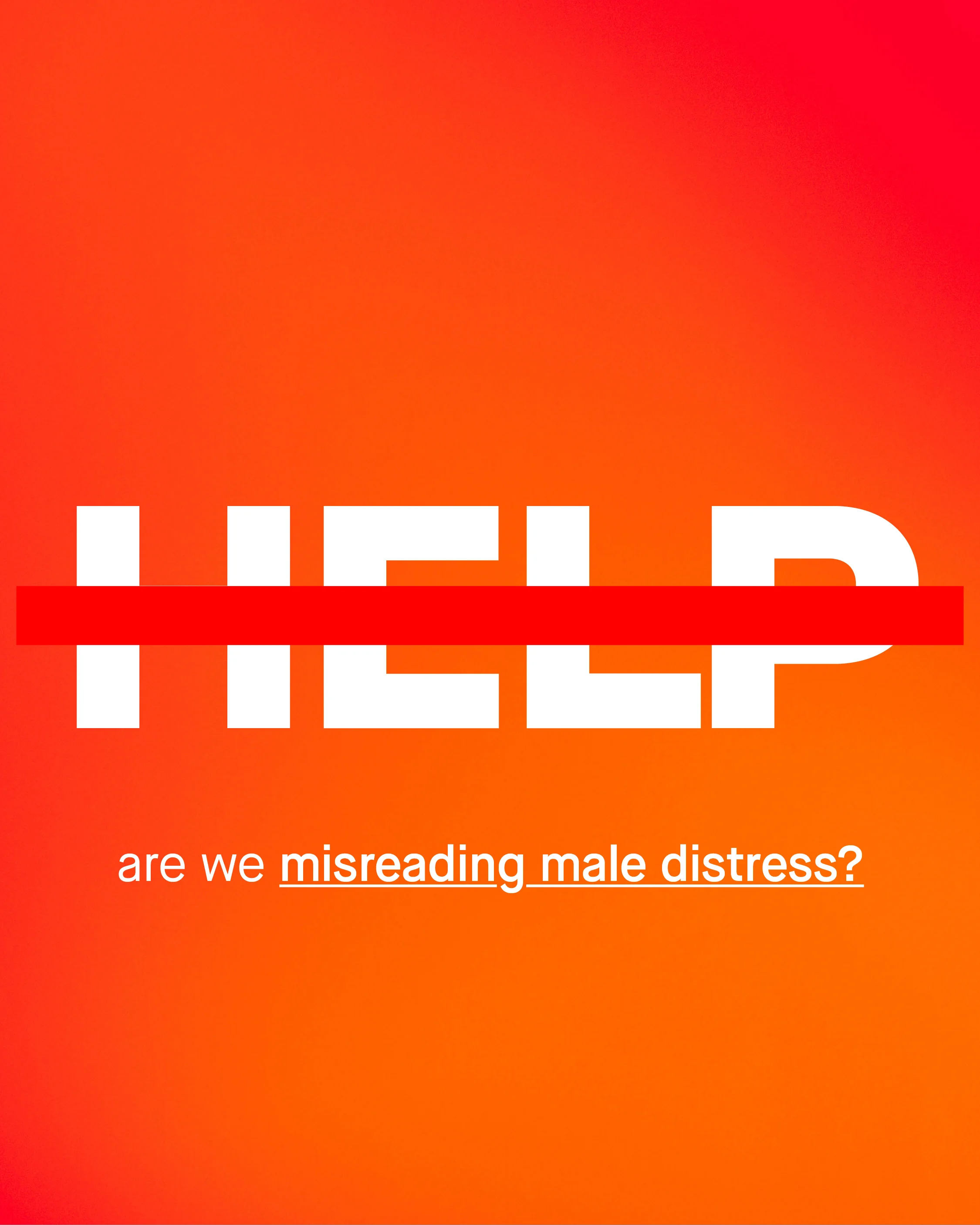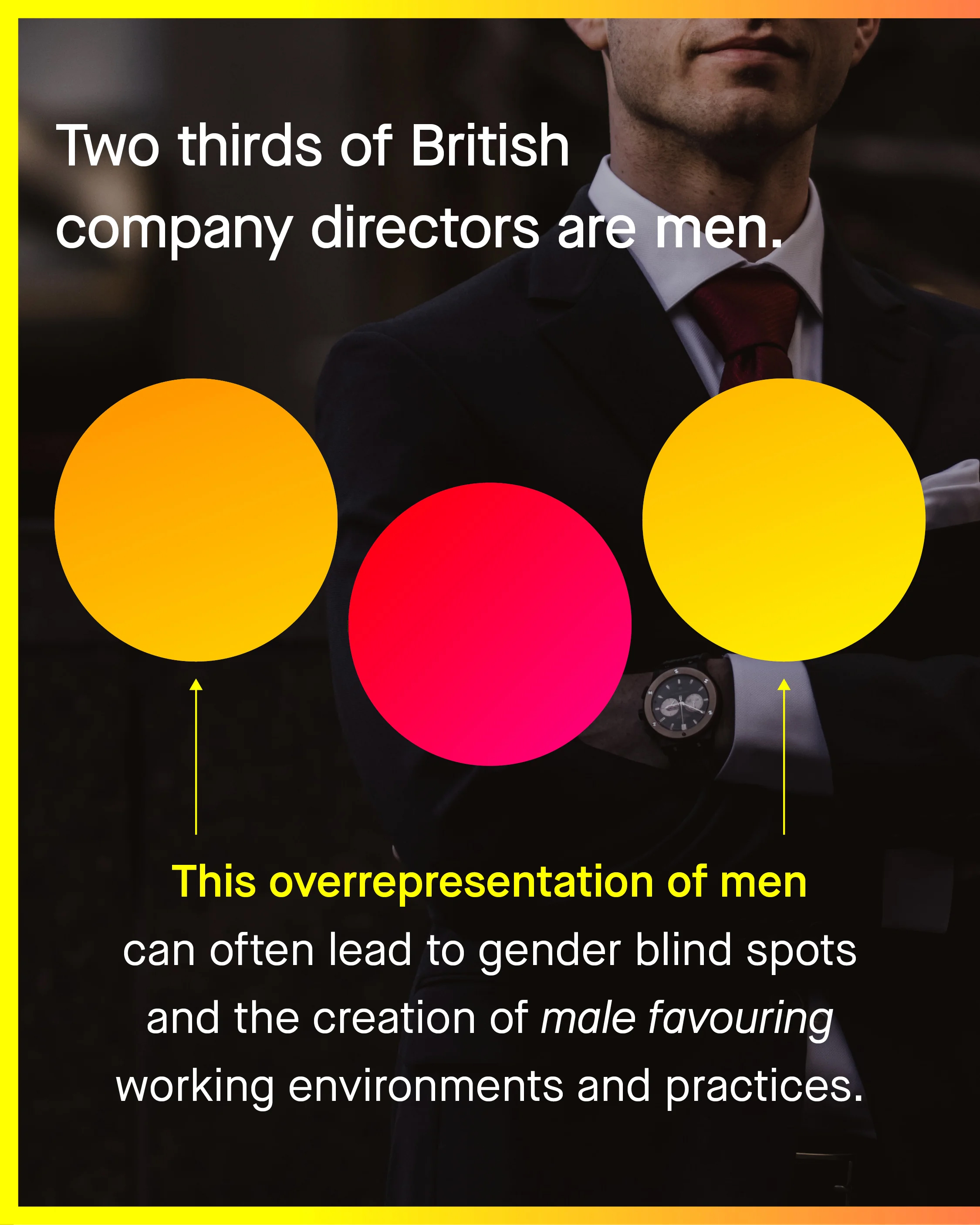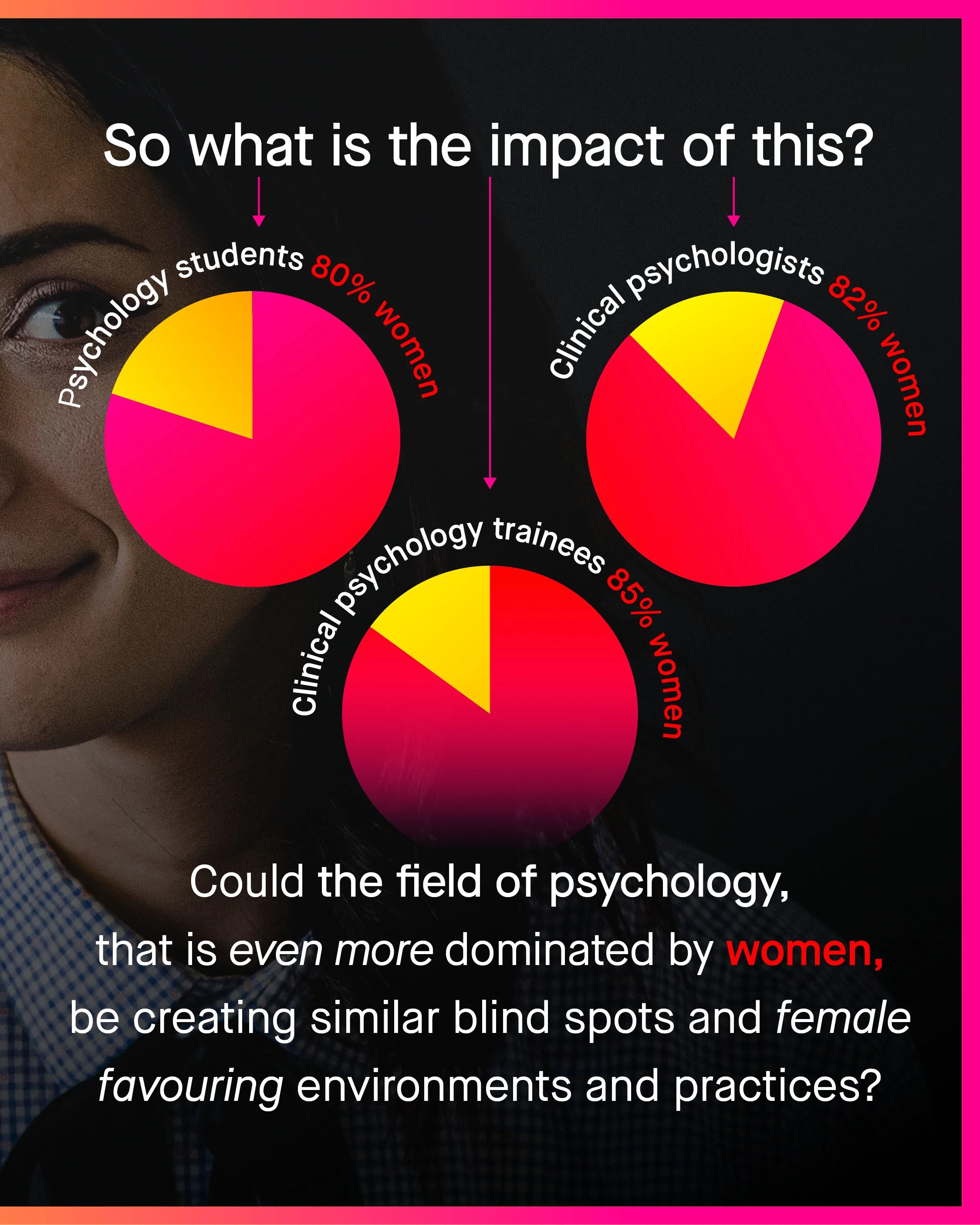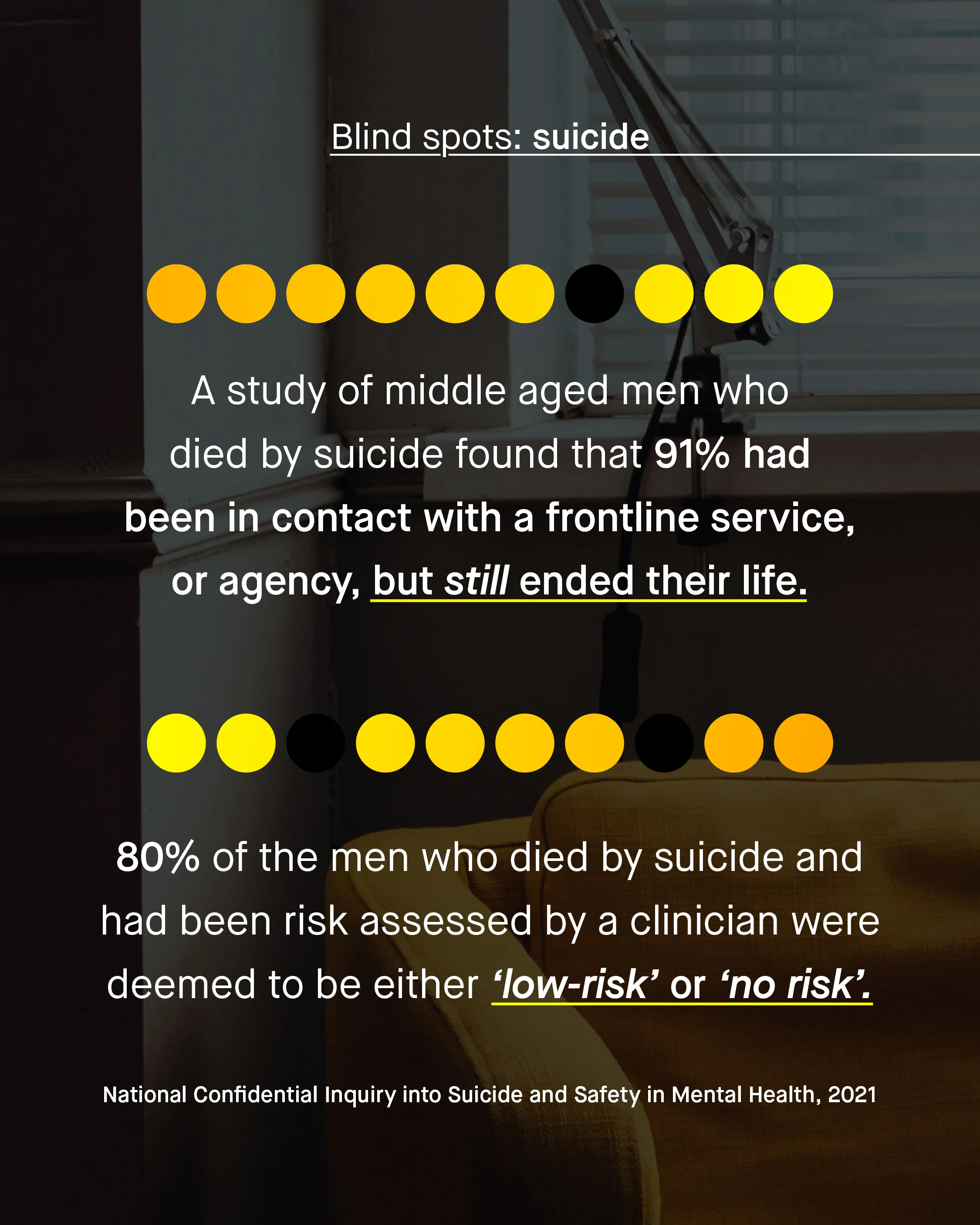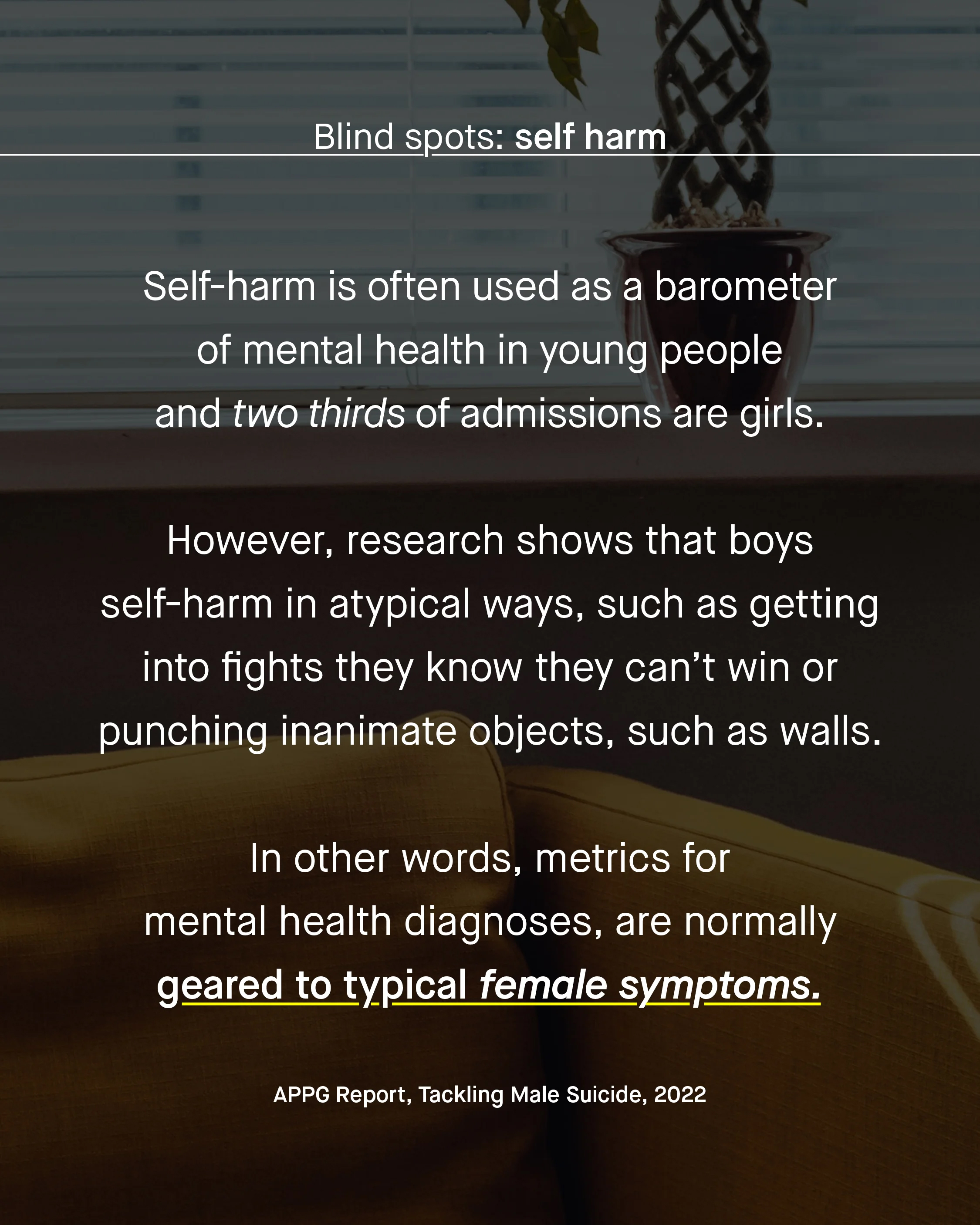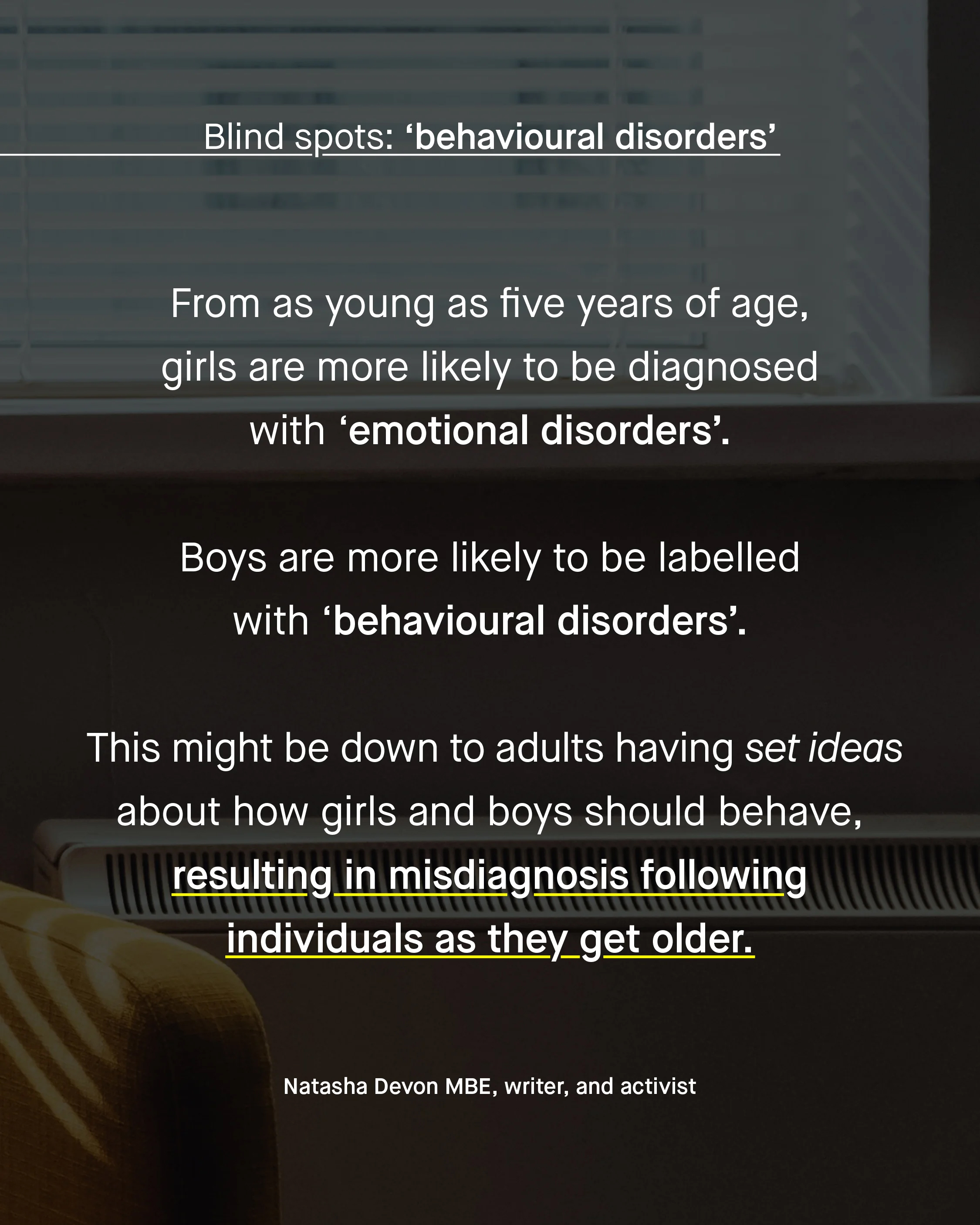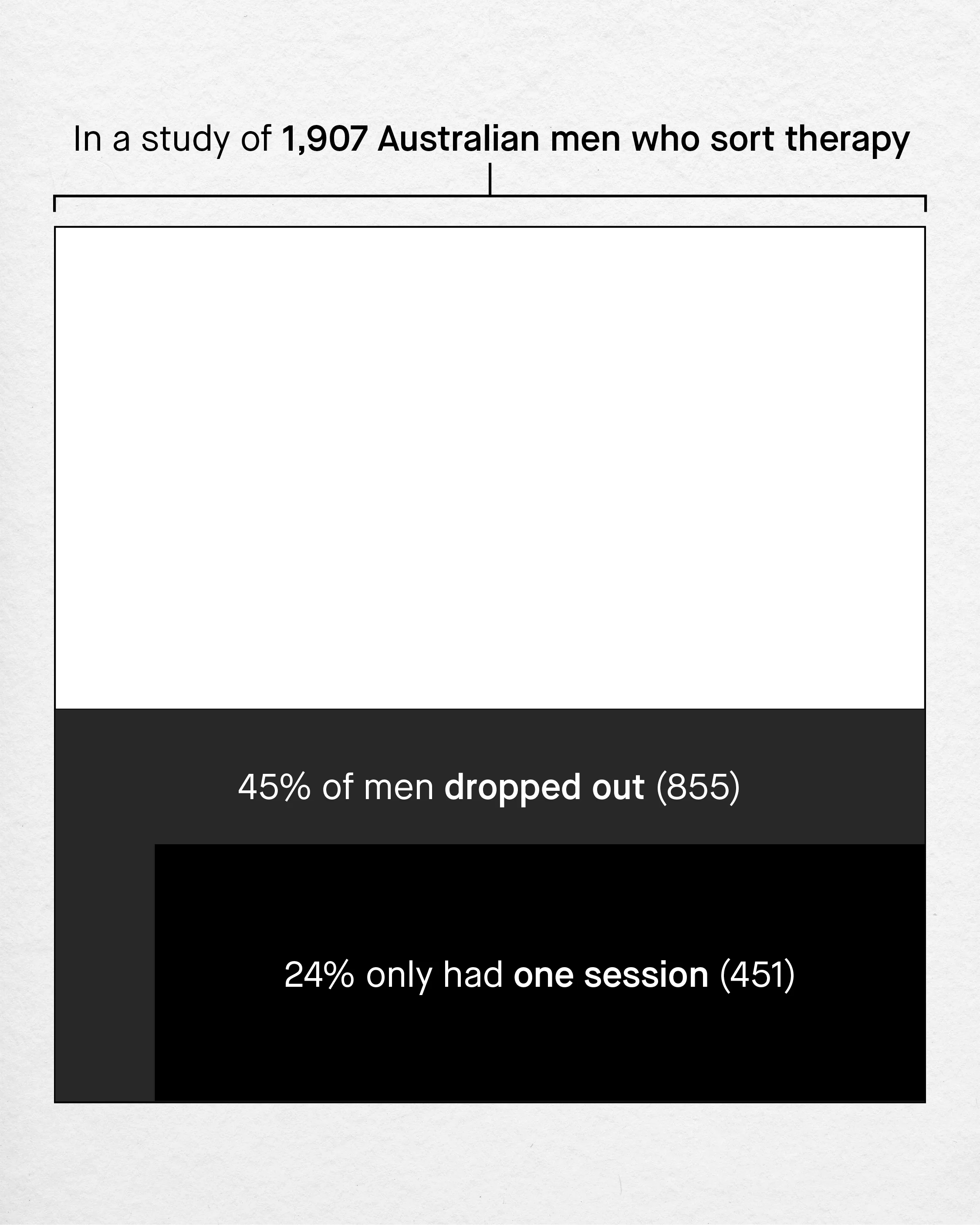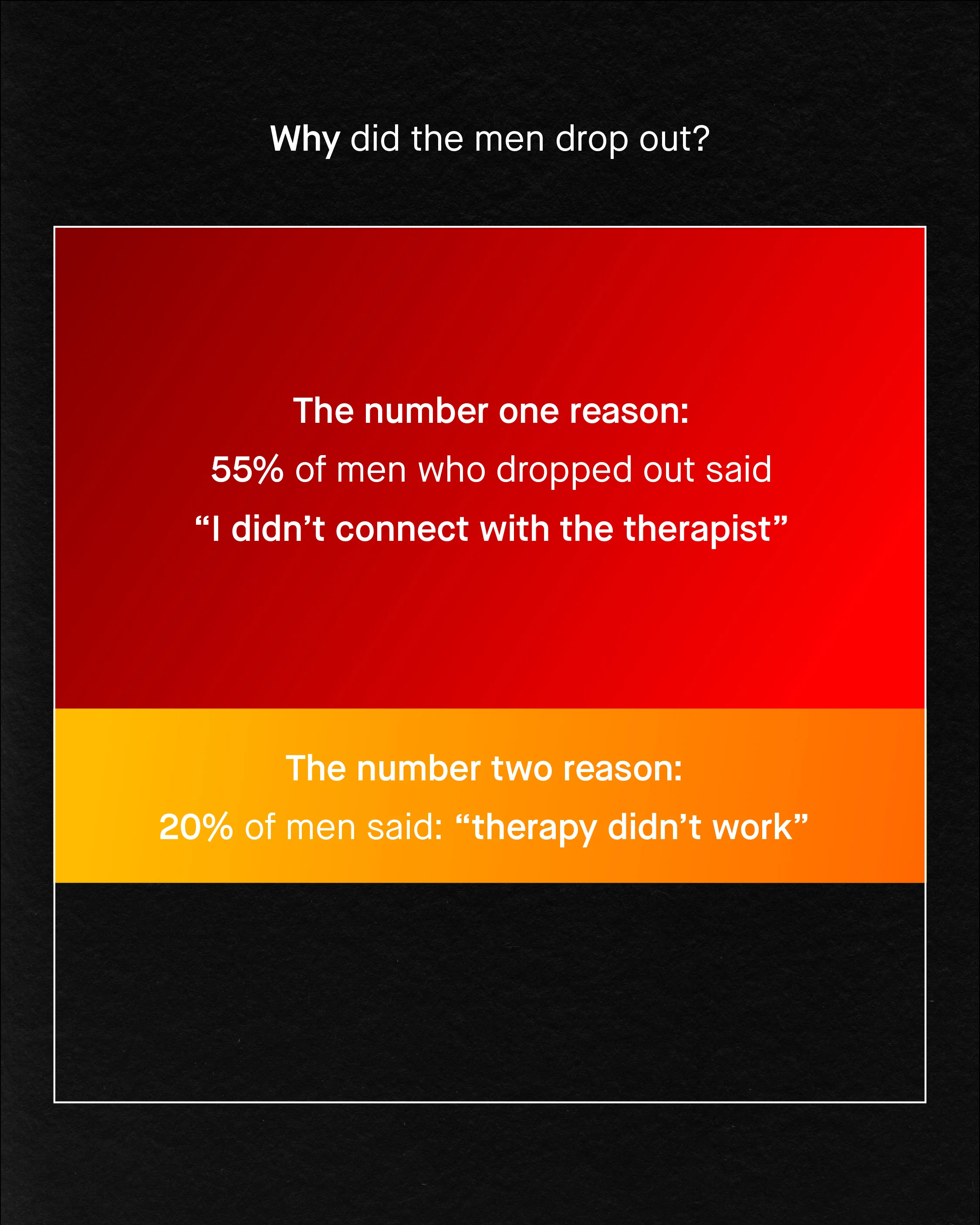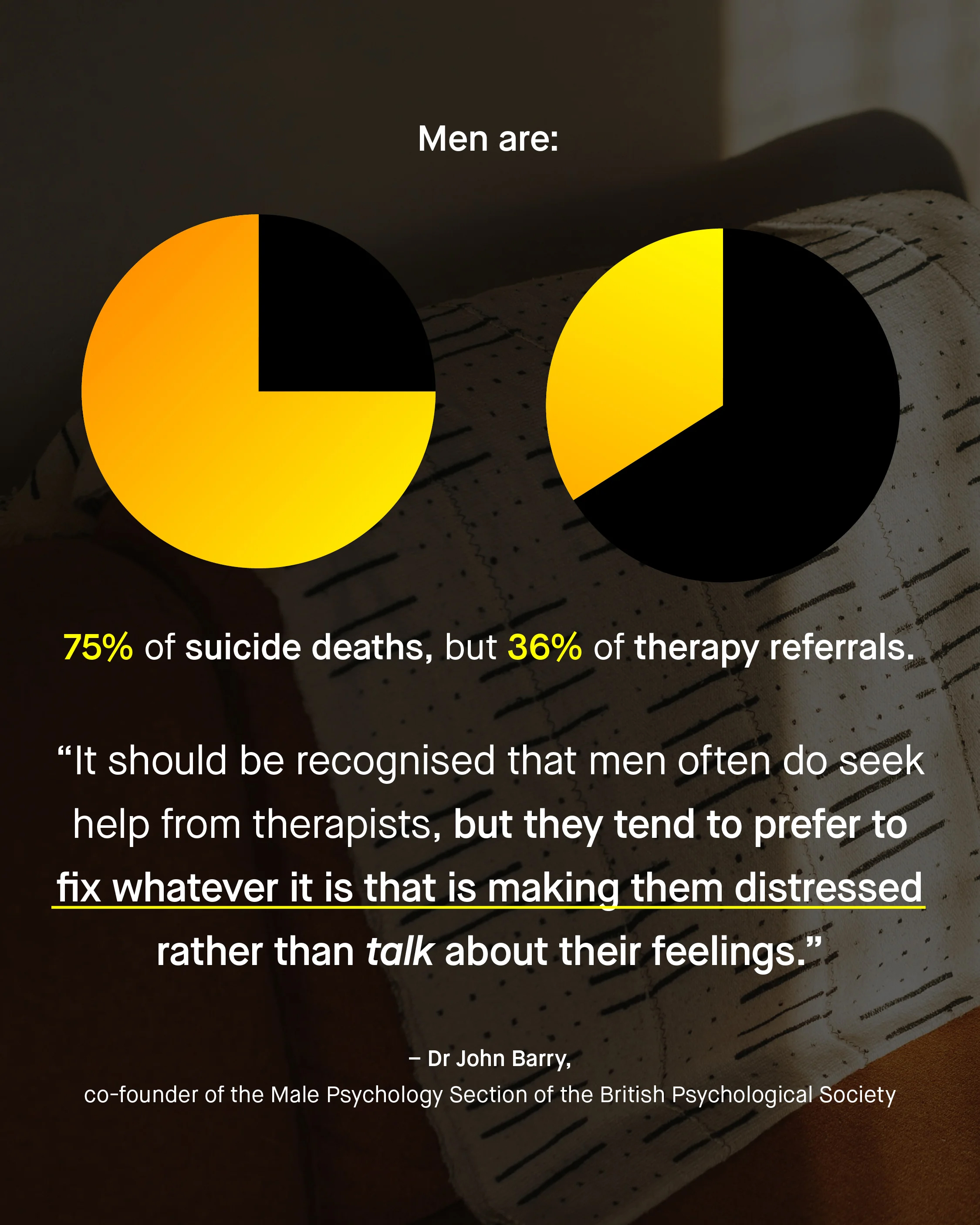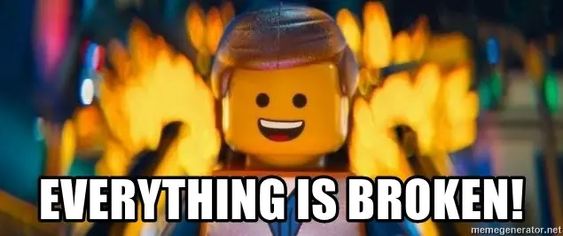You are using an out of date browser. It may not display this or other websites correctly.
You should upgrade or use an alternative browser.
You should upgrade or use an alternative browser.
Has the field of psychology failed men?
- Thread starter aeon
- Start date
More options
Who Replied?philostam
Well-known member
- MBTI
- INTP
- Enneagram
- 6w5
If as a boy you're from a shitty family psychology cannot help anyway.
Later on as adult it's fine to be in therapy, but it has to be combined with broad lifestyle changes such as lifting weights, getting enough sun, dopamine detox etc.
I think a lot of so called mental illness in men is just lack of testosterone.
Later on as adult it's fine to be in therapy, but it has to be combined with broad lifestyle changes such as lifting weights, getting enough sun, dopamine detox etc.
I think a lot of so called mental illness in men is just lack of testosterone.
Roses In The Vineyard
Well-known member
- MBTI
- INFJ
Part of the problem is male socialization after early childhood even though both genders have the same capacity for experiencing emotions however for men that gets massively crippled after the age of 6 or so along with having no support especially later on in life hence the coping mechanisms. Doesn't help that some personality types in general don't like human emotions especially anything thought of as being weak or negative well really just being human in general though exceedingly conditional unlike how it is for most women being a huge contrast. Can go on and on but I do strongly think and feel that society was designed this way since at the very least the Greco Roman period for the west while not being sure of how it has been elsewhere. So the ideal for men is being a boring concrete block depending where and when even though in reality there has to be some emotion regardless if it is socially correct or not. As for the near complete lack of support regarding mental health ties back to the ideal of being the concrete block as such is of no regard nor of any value beyond what society and the workplace demands thus men so often being the disposable gender.
A healthy and well functioning society doesn't have problems like this.
A healthy and well functioning society doesn't have problems like this.
- MBTI
- ENFP
- Enneagram
- 947 sx/sp
Part of the problem is male socialization after early childhood even though both genders have the same capacity for experiencing emotions however for men that gets massively crippled after the age of 6 or so along with having no support especially later on in life hence the coping mechanisms. Doesn't help that some personality types in general don't like human emotions especially anything thought of as being weak or negative well really just being human in general though exceedingly conditional unlike how it is for most women being a huge contrast. Can go on and on but I do strongly think and feel that society was designed this way since at the very least the Greco Roman period for the west while not being sure of how it has been elsewhere. So the ideal for men is being a boring concrete block depending where and when even though in reality there has to be some emotion regardless if it is socially correct or not. As for the near complete lack of support regarding mental health ties back to the ideal of being the concrete block as such is of no regard nor of any value beyond what society and the workplace demands thus men so often being the disposable gender.
A healthy and well functioning society doesn't have problems like this.
Once again, louder, for the people in back.
So right,
Ian
- MBTI
- INFJ
This is how it looks like in 2023. But yeah, tell that boy to pump more testosterone.
Desideria (Desi) Mesa on Twitter: "Three days ago, a 15-yr old boy had an anxiety attack in the school bathroom to hide from his bullies and struggling grades. His “guidance” counselor pulled him into a room alone and told him to power thru and stop saying he was suicidal for attention even tho he was crying so… https://t.co/BQsAhkpUD5" / Twitter

Desideria (Desi) Mesa on Twitter: "Three days ago, a 15-yr old boy had an anxiety attack in the school bathroom to hide from his bullies and struggling grades. His “guidance” counselor pulled him into a room alone and told him to power thru and stop saying he was suicidal for attention even tho he was crying so… https://t.co/BQsAhkpUD5" / Twitter
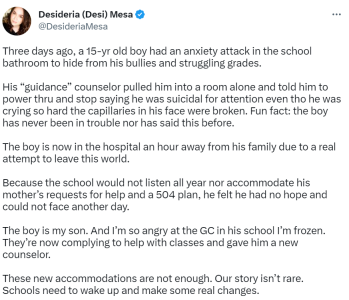
Last edited:
Matty
Permanent Fixture
- MBTI
- Intj
I can't offer much of an opinion, except that activities seem to have a bigger impact on my sense of well-being than opportunities to speak about my feelings.
If I were ever offered an choice between complimentary therapy or the use of a jetski, I'd choose the jetski.
If my anecdotal preference means anything, perhaps men's mental health could benefit from opportunities for toxicly masculine activities in even urban environments.
If I were ever offered an choice between complimentary therapy or the use of a jetski, I'd choose the jetski.
If my anecdotal preference means anything, perhaps men's mental health could benefit from opportunities for toxicly masculine activities in even urban environments.
philostam
Well-known member
- MBTI
- INTP
- Enneagram
- 6w5
I can't offer much of an opinion, except that activities seem to have a bigger impact on my sense of well-being than opportunities to speak about my feelings.
If I were ever offered an choice between complimentary therapy or the use of a jetski, I'd choose the jetski.
If my anecdotal preference means anything, perhaps men's mental health could benefit from opportunities for toxicly masculine activities in even urban environments.
Lmao. Jetski is awesome.
Ok08Y567gA
Permanent Fixture
- MBTI
- INTJ
- Enneagram
- 549
There is no toxicity. In man there is the undeveloped, fragmented, wounded, immature, and uncultivated. Moralism doesn't belong in psychology, psychology is not a matter of justice and right, but health and vitality, in psychological thought, our first attention to the human condition should not be one of justice, but understanding, cultivation, and healing. Psychology fails men like most of the rest of society because of an implicit obsession with an ascetic ideal of justice. We have wounded and immature men, they are not toxic, but misunderstood, punished for their existence, destructive, ashamed, and exploited for their capacities through their drives. Psychology has failed men, because as a broad societal institution, it has adopted the ideals of critical theory, as a house inhabited by modern day academics who seek to reset the scales of history rather than brining about healing and wholeness in the individual.
Ok08Y567gA
Permanent Fixture
- MBTI
- INTJ
- Enneagram
- 549
If facts speak then we should make sure to express them often enough that they might not be ignored and forgotten as most speech goes ignored and forgotten in a crowded space.Facts speak for themselves.
Last edited:
- MBTI
- INFJ
- Enneagram
- 4w5
I think the state of psychology/counseling as a field is a symptom of greater social and cultural issues, not a cause of those issues. The main problem is that men are not socialized to do emotional labor the way women are. This of course means managing and talking about feelings but also includes more basic stuff like taking care of oneself and maintaining a living environment. Building and maintaining social connections (i.e. friendships, keeping in touch with family) is also part of emotional labor, and many men end up lonely and isolated because they don't do this enough. Society still operates under the assumption that men will just find a woman to take care of all of that for him, but that often (and increasingly) isn't the case. Talk therapy gets coded as feminine because of these cultural attitudes, which is why most therapists are female.
So of course therapy doesn't work well for men who are dealing with all of this.
So of course therapy doesn't work well for men who are dealing with all of this.
- MBTI
- ENFP
- Enneagram
- 947 sx/sp
I think the state of psychology/counseling as a field is a symptom of greater social and cultural issues, not a cause of those issues. The main problem is that men are not socialized to do emotional labor the way women are. This of course means managing and talking about feelings but also includes more basic stuff like taking care of oneself and maintaining a living environment. Building and maintaining social connections (i.e. friendships, keeping in touch with family) is also part of emotional labor, and many men end up lonely and isolated because they don't do this enough. Society still operates under the assumption that men will just find a woman to take care of all of that for him, but that often (and increasingly) isn't the case. Talk therapy gets coded as feminine because of these cultural attitudes, which is why most therapists are female.
So of course therapy doesn't work well for men who are dealing with all of this.
I’ve spoken of the socialization of young males, at length, elsewhere. The emotional neutering, the narrow and rigid roles most will fail to fit as they grow from childhood to adulthood.
I was asked why I thought so much about the children, and those who grow up to be distressed men.
“Because I was that child, and later, I thought I was a man.” I said. “Realizing I am not a man has allowed me to see things differently.”
The current cultural long narrative arc of what it is to be a man in this culture is a tragedy, full stop, but talking about that isn’t welcome outside a very few spaces. Not yet, anyway.
Cheers,
Ian
- MBTI
- INFJ
- Enneagram
- 954 so/sx
Ok08Y567gA
Permanent Fixture
- MBTI
- INTJ
- Enneagram
- 549
I think the state of psychology/counseling as a field is a symptom of greater social and cultural issues, not a cause of those issues. The main problem is that men are not socialized to do emotional labor the way women are. This of course means managing and talking about feelings but also includes more basic stuff like taking care of oneself and maintaining a living environment. Building and maintaining social connections (i.e. friendships, keeping in touch with family) is also part of emotional labor, and many men end up lonely and isolated because they don't do this enough. Society still operates under the assumption that men will just find a woman to take care of all of that for him, but that often (and increasingly) isn't the case. Talk therapy gets coded as feminine because of these cultural attitudes, which is why most therapists are female.
So of course therapy doesn't work well for men who are dealing with all of this.
Well, I think less attention is given to the psychological reality that men tend to form bonds differently than women on average. Men consistently report to have stronger relation and connection to other men, women, and even animals that they endure some shared struggle and project with. Men also report to relate more to men they actively compete against rather than explicitly socialize with. Emotional labor in directly building and developing social bonds would likely prove less effective for men, because male social bonding is conditioned under different evolutionary pressures as rooted in intragender contest and cooperation. Male social motivation also is more geared towards status, achievement, and coalition development. Emotional labor can't be expected to be prescribed to men in the same way it is to women though they have the same capacity for emotions, because they don't share the same motivations behind developing social bonds and expressing their emotions. Also, men are not as conscientious as women when measured, because maintaining things is a different reality than building, developing, creating, conquering, exploring, fixing, and fighting things activities men have disproportionately participated in for most of human history up to the modern period. Talk Therapy alone isn't going to be hyper effective at inspiring transformation in the male psyche, because it doesn't leverage the primitive masculine drives. Society deems primitive masculine virtue as entirely a social construct, toxic, and obsolete, yet most men are suffering. Most therapist are female because psychology is perceived as a care field which selects for more agreeable people, so women tend to outnumber men tending to be higher in trait agreeability on average such that the most agreeable people are overwhelmingly women. Are nurses disproportionately female, because inserting needles gets coded as feminine?
Last edited:
- MBTI
- INFJ
- Enneagram
- 4w5
I’ve spoken of the socialization of young males, at length, elsewhere. The emotional neutering, the narrow and rigid roles most will fail to fit as they grow from childhood to adulthood.
I was asked why I thought so much about the children, and those who grow up to be distressed men.
“Because I was that child, and later, I thought I was a man.” I said. “Realizing I am not a man has allowed me to see things differently.”
The current cultural long narrative arc of what it is to be a man in this culture is a tragedy, full stop, but talking about that isn’t welcome outside a very few spaces. Not yet, anyway.
Cheers,
Ian
Yeah definitely. What I think needs to happen is there needs to be more men's social and support groups where they work on redefining things. I don't see it happening though.
Well, I think less attention is given to the psychological reality that men tend to form bonds differently than women on average. Men consistently report to have strong relation and connection to other men, women, and even animals that they endure some shared struggle and project with. Men also relate more to men they actively compete against rather than explicitly socializing. Emotional labor would likely prove less effective for men, because male social bonding is conditioned under different evolutionary pressures as rooted in intragender contest and cooperation. Male social motivation also is more geared towards status achievement and coalition development. Emotional labor can't be expected to be prescribed to men in the same way it is to men, because they don't share the same motivations behind developing social bonds. Also, men are not a conscientious as women, because maintaining things is a different reality than building, developing, creating, conquering, exploring, and fighting things men have done for most of human history up to the modern period. Talk Therapy alone isn't going to be hyper effective at inspiring transformation in the male psyche, because it doesn't leverage masculine drives. Society deems masculine virtue as entirely a social construct, toxic, and obsolete. Most therapist are female because psychology is perceived as care field which selects for more agreeable people, so women tend to outnumber men tending to be higher in trait agreeability. Are nurses disproportionately female, because inserting needles get coded as feminine?
I'm not sure I agree with all of what you're saying here. I still think emotional labor can be just as valuable for men as it is for women. There are men that learn to do it and benefit from it, and I think its ultimately a human capacity/set of skills, not something innate based on gender.
As for nursing being coded as feminine causing more women to become nurses? I think so yeah. It is a bit more complex than that since it was one of the few professions open to women in the past (along with teaching) I think.
just me
Well-known member
- MBTI
- infj
Female brains process and exude with their emotions more than male brains.
There is nothing wrong with psychology, as I view it as an ongoing mode of operations. We seek, we explore, we knock, we apply.
Psych-ops. copied Wikipedia-The term is used "to denote any action which is practiced mainly by psychological methods with the aim of evoking a planned psychological reaction in other people".[2]
The different ways we see things are not without reason or examples. We seek to see through the things we are told and do not ever expect those things to be true. We read body language. We read faces. We read actions.
We read denial.
There is nothing wrong with psychology, as I view it as an ongoing mode of operations. We seek, we explore, we knock, we apply.
Psych-ops. copied Wikipedia-The term is used "to denote any action which is practiced mainly by psychological methods with the aim of evoking a planned psychological reaction in other people".[2]
The different ways we see things are not without reason or examples. We seek to see through the things we are told and do not ever expect those things to be true. We read body language. We read faces. We read actions.
We read denial.

